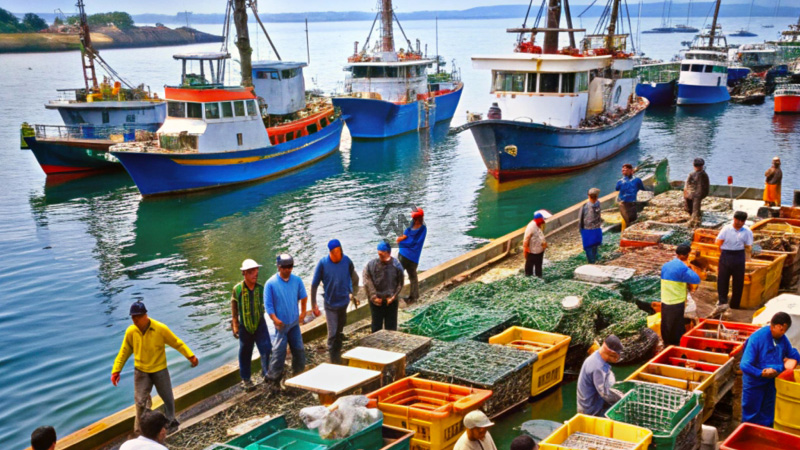- 61-day fishing ban begins April 15 across Tamil Nadu, Puducherry, Karaikal, and Yanam.
- Mechanised boats and purse seine nets prohibited; traditional boats allowed.
- Ban supports marine breeding and sustainable fish stock replenishment.
The annual 61-day fishing ban along Tamil Nadu’s east coast and select Union Territories will begin at midnight on April 15. The measure, enforced under the Tamil Nadu Marine Fishing Regulation Act, aims to preserve marine biodiversity. It provides a breeding window for fish during their peak spawning season.
While mechanised boats must remain ashore, traditional boats such as kattumarams and country crafts are allowed to continue fishing. Many fishermen use this time for vessel maintenance. Others migrate to Karnataka and Kerala to continue working in the Arabian Sea.
Marine Ecosystem Breathing Space: East Coast Fishing Ban Takes Effect
The fishing ban stretches from April 15 to June 14 in Tamil Nadu and adjoining Union Territories like Puducherry, Karaikal, and Yanam. In Mahe, the ban will be in effect from June 1 to July 31 due to its location along the Arabian Sea. These timelines are aligned with the breeding cycles of marine species. This ensures optimal regeneration.
During the ban, enforcement agencies will monitor the coastal stretches from Kanagachhettikulam to Murthikuppam-Pudukuppam in Puducherry. They will also monitor from Mandapathur to North Vanjoor in Karaikal. Mechanised trawlers and motorised fibre boats are strictly prohibited from operating during this time.
The economic impact on local fishing communities is significant. However, many cope by shifting operations to other states or engaging in alternative livelihoods. Fishermen also take advantage of the downtime to repair nets, overhaul engines, and perform boat maintenance. This prepares them for the post-ban fishing season.
Environmentalists and marine biologists strongly back this seasonal ban, calling it essential for long-term sustainability. Such pauses in heavy fishing pressure are crucial to prevent overexploitation and maintain ecological balance in coastal waters.
The 61-day ban may disrupt livelihoods temporarily, but it is a vital investment in the future of India‘s marine ecosystem. It also benefits the sustainability of the fishing industry.
“The Earth provides enough to satisfy every man’s needs, but not every man’s greed.” – Mahatma Gandhi



